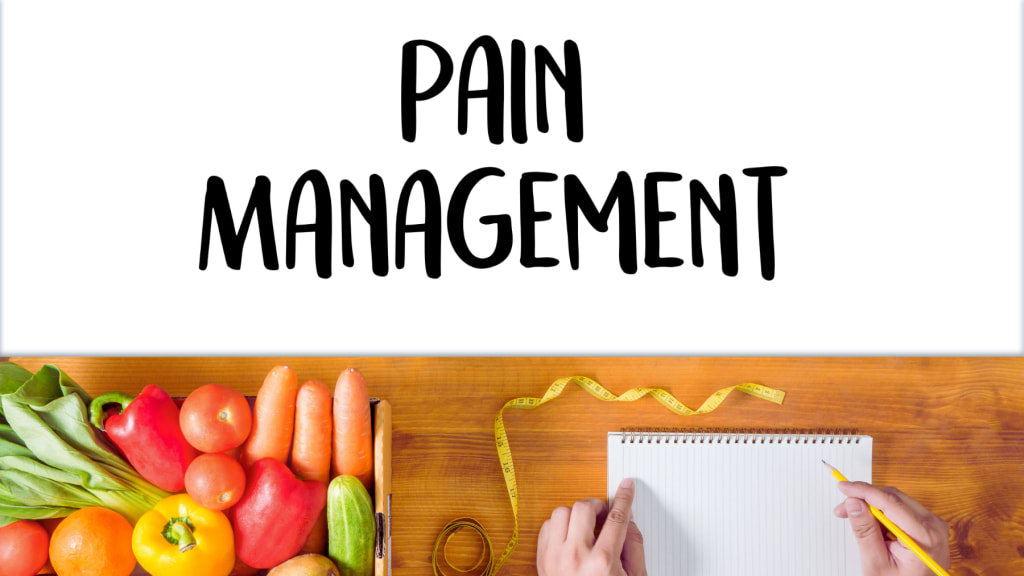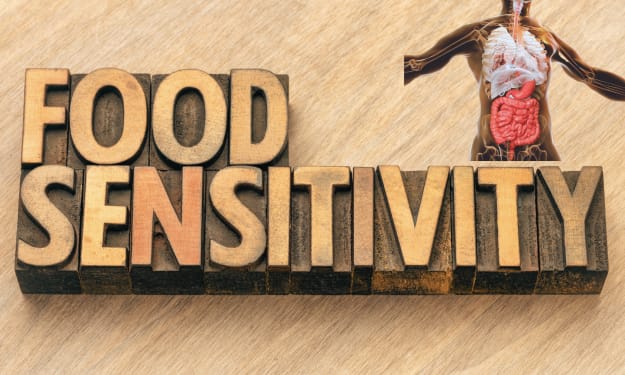Holistic Approaches to Pain Management: Natural Remedies and Alternative Therapies
Exploring Effective and Gentle Methods to Alleviate Pain and Promote Wellbeing

Living with chronic pain can significantly impact one's quality of life, often leading individuals to search for alternative approaches to pain management. In this article, we will delve into holistic methods for pain relief that focus on natural remedies and alternative therapies. By embracing a holistic approach, individuals can address the root causes of pain, reduce dependency on medications, and improve overall wellbeing.
Understanding Holistic Pain Management:
Holistic pain management considers the physical, mental, and emotional aspects of pain. It aims to alleviate discomfort by addressing the underlying causes rather than solely focusing on symptom relief. Holistic approaches encompass a wide range of natural remedies and alternative therapies that work synergistically to promote healing and pain relief.
Natural Remedies for Pain Relief:
a. Herbal Medicine: Certain herbs, such as turmeric, ginger, and boswellia, have natural anti-inflammatory properties that can help reduce pain and inflammation in the body. Incorporating herbal supplements or incorporating these herbs into meals and beverages may provide relief.
b. Essential Oils: Essential oils derived from plants have been used for centuries to alleviate pain. Oils like lavender, peppermint, and eucalyptus have analgesic and anti-inflammatory properties. They can be used topically or in aromatherapy to soothe pain and promote relaxation.
c. Heat and Cold Therapy: Applying heat or cold packs to affected areas can help alleviate pain and reduce inflammation. Heat therapy relaxes muscles and improves blood flow, while cold therapy numbs the area and reduces swelling.
d. Natural Supplements: Supplements like omega-3 fatty acids, magnesium, and vitamin D have been shown to have pain-relieving properties. Consult with a healthcare professional to determine the appropriate dosage and suitability for your specific needs.
Alternative Therapies for Pain Management:
a. Acupuncture: This ancient Chinese practice involves inserting thin needles into specific points in the body to promote the flow of energy and alleviate pain. Acupuncture has shown promising results in treating various types of pain, including chronic pain conditions.
b. Massage Therapy: Therapeutic massage can help relax tense muscles, improve circulation, and reduce pain. Techniques such as Swedish massage, deep tissue massage, and trigger point therapy can target specific areas of discomfort.
c. Yoga and Stretching: Engaging in gentle stretching exercises and yoga poses can improve flexibility, reduce muscle tension, and promote overall relaxation. These practices also focus on breathing techniques that aid in pain management.
d. Mind-Body Techniques: Practices like meditation, mindfulness, and guided imagery can help individuals manage pain by redirecting attention, reducing stress, and promoting a sense of calm. These techniques have been found to enhance pain tolerance and improve overall well-being.
Lifestyle Modifications for Pain Management:
a. Exercise and Physical Activity: Regular exercise, tailored to individual capabilities, can strengthen muscles, improve flexibility, and release endorphins, the body's natural painkillers. Consult with a healthcare professional to develop an appropriate exercise plan.
b. Healthy Diet: A balanced diet rich in fruits, vegetables, whole grains, and lean proteins provides the necessary nutrients for optimal health. Avoiding processed foods, excessive sugar, and caffeine can help reduce inflammation and manage pain.
c. Stress Management: Chronic pain often leads to increased stress levels, which can worsen symptoms. Practicing stress management techniques like deep breathing exercises, journaling, or engaging in hobbies can help alleviate both physical and emotional pain.
The Importance of Seeking Professional Guidance:
While holistic approaches to pain management can be effective, it's essential to consult with healthcare professionals, such as naturopaths, integrative medicine practitioners, or pain management specialists. These professionals can provide personalized guidance and create a comprehensive treatment plan that combines conventional and holistic approaches for optimal results.
Integrating Holistic Approaches into Your Pain Management Plan:
a. Keep a Pain Journal: Track your pain levels, triggers, and the effectiveness of different holistic methods. This information will help you identify patterns and make informed decisions about which approaches work best for you.
b. Gradual Implementation: Introduce holistic practices gradually into your routine. Experiment with different techniques and monitor how they affect your pain levels and overall wellbeing. Give yourself time to adjust and find the right balance.
c. Collaborate with Healthcare Providers: Communicate openly with your healthcare providers about your interest in holistic approaches. They can offer insights, monitor your progress, and provide guidance to ensure a safe and effective pain management plan.
d. Embrace a Holistic Lifestyle: Holistic pain management goes beyond quick fixes. Embracing a holistic lifestyle involves making long-term changes to support your overall health and wellbeing. This includes adopting a balanced diet, practicing regular exercise, managing stress, and prioritizing self-care.
Conclusion:
Holistic approaches to pain management offer a multifaceted and gentle way to alleviate pain, enhance wellbeing, and promote a higher quality of life. By combining natural remedies, alternative therapies, lifestyle modifications, and professional guidance, individuals can empower themselves in their pain management journey. Remember that each person's experience with pain is unique, so it's important to tailor your approach to suit your individual needs. Embrace the holistic mindset, listen to your body, and take proactive steps towards achieving pain relief and overall wellness.





Comments
There are no comments for this story
Be the first to respond and start the conversation.